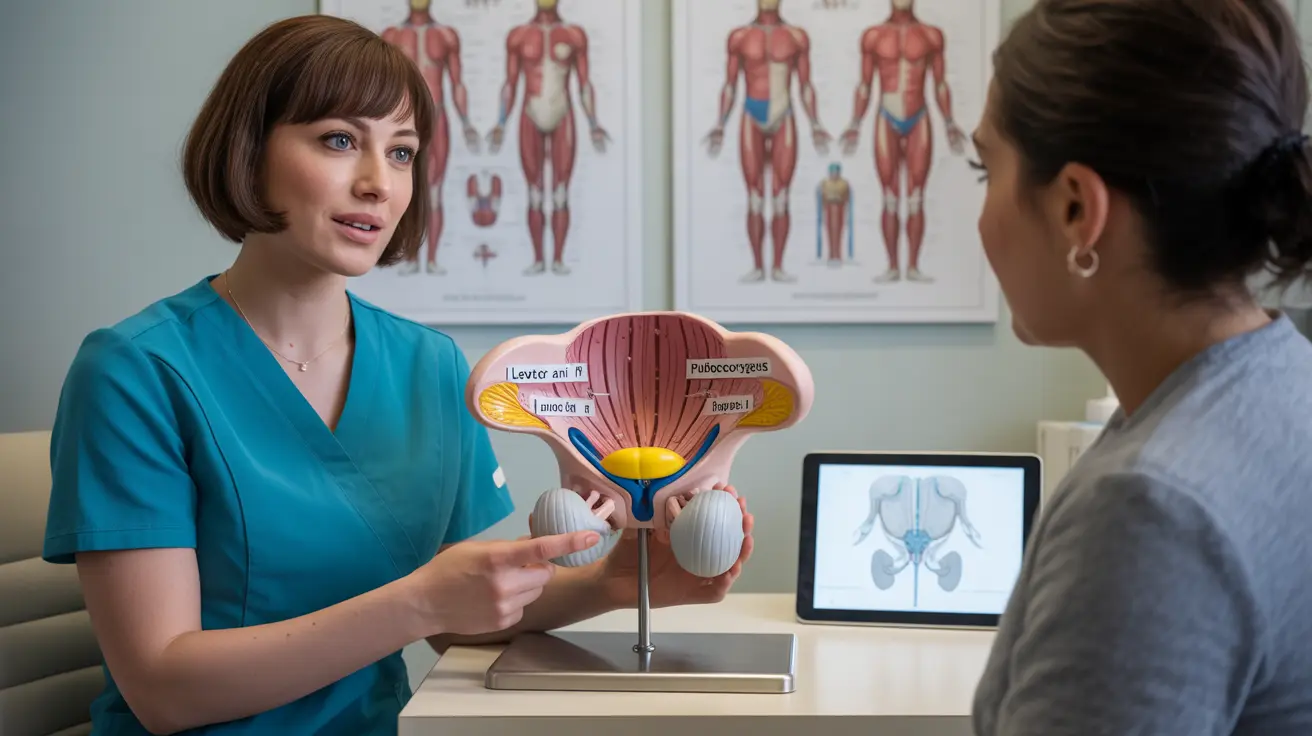A gynourologist, also known as a urogynecologist, is a medical specialist who focuses on treating women's pelvic floor disorders and urinary tract conditions. These healthcare professionals combine expertise in gynecology and urology to provide comprehensive care for women experiencing various pelvic health issues.
Understanding when to see a gynourologist and what treatments they offer can help women make informed decisions about their pelvic health care. This guide explores the role of these specialists and how they can help with various conditions affecting women's pelvic health.
Specialized Training and Expertise
Gynourologists undergo extensive medical training beyond standard obstetrics and gynecology education. They complete additional fellowship training specifically focused on female pelvic medicine and reconstructive surgery, making them experts in treating complex pelvic floor disorders.
Common Conditions Treated by Gynourologists
Urinary Issues
Gynourologists specialize in treating various urinary conditions, including:
- Stress urinary incontinence
- Overactive bladder
- Recurrent urinary tract infections
- Difficulty emptying the bladder
Pelvic Floor Disorders
These specialists are particularly skilled in addressing pelvic floor dysfunction, including:
- Pelvic organ prolapse
- Pelvic floor muscle weakness
- Fecal incontinence
- Pelvic pain syndromes
Diagnostic Approaches and Treatment Options
Gynourologists use various diagnostic tools and techniques to assess pelvic floor conditions accurately. These may include:
- Urodynamic testing
- Cystoscopy
- Pelvic floor muscle evaluation
- Advanced imaging studies
Treatment Solutions
Treatment options offered by gynourologists range from conservative approaches to surgical interventions:
- Pelvic floor physical therapy
- Behavioral modifications
- Medication management
- Minimally invasive surgical procedures
- Complex reconstructive surgery
When to Seek Gynourologist Care
Consider consulting a gynourologist if you experience:
- Persistent urinary leakage
- Frequent urinary tract infections
- Sensation of pelvic pressure or bulging
- Difficulty with bladder or bowel control
- Chronic pelvic pain
Frequently Asked Questions
What conditions does a gynourologist (urogynecologist) treat in women?
A gynourologist treats a wide range of pelvic floor disorders including urinary incontinence, pelvic organ prolapse, recurring urinary tract infections, fecal incontinence, and various pelvic floor muscle dysfunction conditions. They specialize in both surgical and non-surgical treatments for these issues.
When should I see a urogynecologist for pelvic floor problems?
You should consider seeing a urogynecologist if you experience persistent urinary leakage, frequent urinary tract infections, pelvic pressure or bulging, difficulty controlling bladder or bowel function, or chronic pelvic pain that hasn't responded to standard treatments from your primary care physician or regular gynecologist.
What diagnostic tests and treatments does a gynourologist offer for urinary incontinence?
Gynourologists offer comprehensive diagnostic testing including urodynamics, cystoscopy, and pelvic floor evaluation. Treatment options range from conservative approaches like pelvic floor physical therapy and behavioral modifications to medical management and surgical interventions when necessary.
How is pelvic organ prolapse managed by a urogynecologist?
Pelvic organ prolapse management typically begins with conservative treatments such as pessary devices and pelvic floor exercises. When necessary, gynourologists can perform various surgical procedures, including minimally invasive options, to repair and support the pelvic organs.
What is the difference between a urogynecologist and a general gynecologist or urologist?
While general gynecologists focus on women's reproductive health and urologists specialize in urinary tract issues, gynourologists combine both specialties with additional training in pelvic floor disorders. They have specific expertise in treating complex pelvic floor conditions that may require both surgical and non-surgical interventions.




